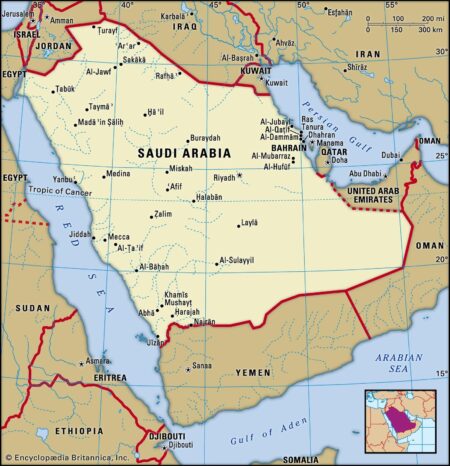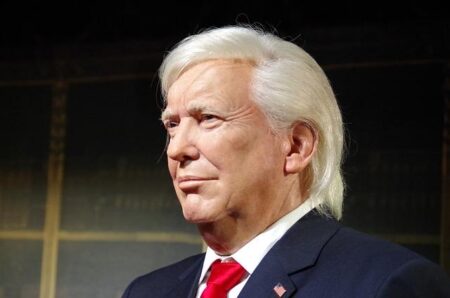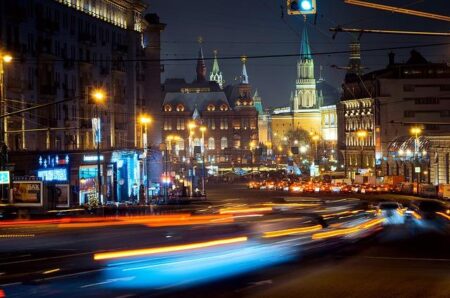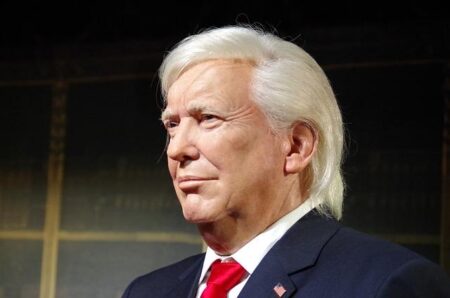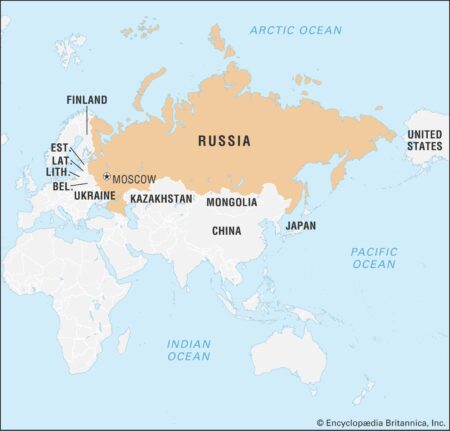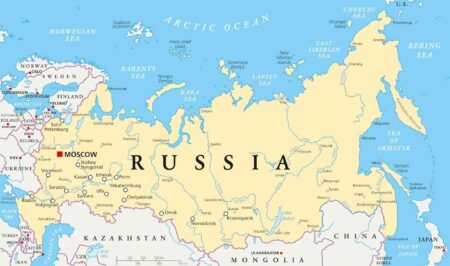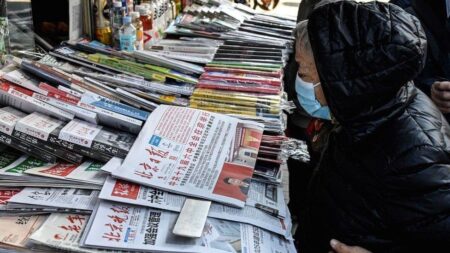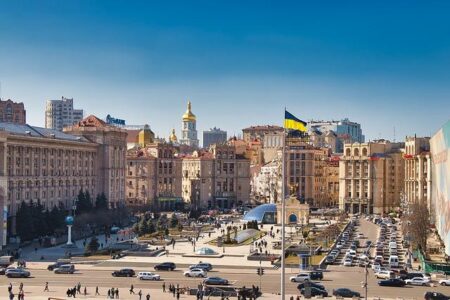Saudi Arabia, Russia, Iraq, the UAE, Kuwait, Kazakhstan, Algeria, and Oman have reaffirmed their commitment to maintaining oil market stability. This collective pledge aims to support a healthier outlook for global oil prices amid ongoing economic challenges.
Browsing: Russia
In a recent statement, former President Donald Trump indicated that the United States is willing to engage in nuclear discussions. This marks a significant shift in rhetoric surrounding arms control, as experts evaluate the implications for global security.
France and Britain’s leaders are traveling to Washington to appeal to President Trump to maintain support for Ukraine amidst ongoing tensions with Russia. Their visit underscores the importance of international cooperation in safeguarding Ukraine’s sovereignty.
Russia has imposed a permanent travel ban on Japan’s Foreign Minister and eight other officials, a move escalating tensions between the two countries. This decision reflects ongoing geopolitical strains stemming from differing stances on regional security and international relations.
In a striking contradiction to the ongoing violence in Ukraine, former President Trump has claimed that Russian President Putin desires peace. Despite these assertions, the war continues unabated, resulting in the death of countless Ukrainian civilians.
An activist highlights that many Italians fail to recognize the Russian threat, attributing this oversight to pervasive Kremlin propaganda. This perception underscores the challenges of countering disinformation and bolstering awareness of geopolitical realities in Italy.
Russia’s recent seizures of assets serve as a stark reminder to Western firms considering a return amidst easing tensions. Analysts warn that reliance on political shifts, like a potential Trump-inspired approach, could lead to significant risks in volatile markets.
Israel has received an invitation to participate in Russiaﻗs May 9 Victory Day parade, a gesture amid strained relations with various countries deemed “unfriendly” by Moscow. The invitation highlights the complex diplomatic landscape as global tensions rise.
In a significant diplomatic development, the U.K., France, and Ukraine have united to draft a cease-fire plan aimed at mitigating the ongoing conflict sparked by Russia’s invasion. This collaboration underscores a shared commitment to restoring peace in the region.
Recent reports indicate that Russia views ongoing discussions with the U.S. as a strategic opportunity to restore its intelligence networks. Officials highlight the potential for enhanced espionage activities amidst shifting diplomatic relations.
The UK, France, and Ukraine have announced a collaborative effort to develop a ceasefire plan aimed at addressing the ongoing conflict initiated by Russia. This initiative marks a significant diplomatic move to seek resolution and stability in the region.
In a surprising declaration, U.S. officials highlight “extraordinary” economic opportunities in Russia, despite ongoing geopolitical tensions and sanctions. This stance raises questions about potential markets and risks as global dynamics continue to shift.
China’s media has amplified Russia’s response to the recent clash between Donald Trump and Volodymyr Zelensky at the White House, framing it as a significant geopolitical event. This coverage underscores China’s focus on shifting alliances amid global tensions.
In a significant move, the UN General Assembly passed a resolution condemning Russia’s aggression in Ukraine amid shifting global alliances. The vote reflects growing international consensus against the invasion, emphasizing the need for diplomatic resolution and accountability.
Western leaders made a significant visit to Kyiv on the war’s third anniversary, reaffirming their commitment to supporting Ukraine against Russia. The pledges include enhanced military aid, underscoring a united front in the ongoing conflict.
In a recent article, Le Monde highlights the troubling implications of an American president echoing Russian propaganda regarding the ongoing war in Ukraine. This alignment raises concerns about the integrity of foreign policy and its potential to bolster Russian narratives.
The ongoing Russia-Ukraine conflict highlights critical lessons in the human domain, emphasizing the importance of resilience, social cohesion, and communication in wartime. These insights can inform future strategies for conflict management and humanitarian response.
In a surprising move, Hegseth has reportedly ordered Cyber Command to halt its planned operations against Russia, raising concerns about the implications for national cybersecurity and geopolitical stability. This decision has sparked debates among experts and lawmakers alike.
A recent report from Voice of America suggests that the much-lauded partnership between Russia and China may be overstated. Despite their strategic alignment on various issues, underlying tensions and divergent interests could undermine their cooperation.
In a recent diplomatic alignment, Russia’s Foreign Minister Sergey Lavrov expressed support for Iran’s nuclear program, emphasizing the importance of dialogue and mutual interests. This collaboration underscores a deepening partnership amidst ongoing geopolitical tensions.

